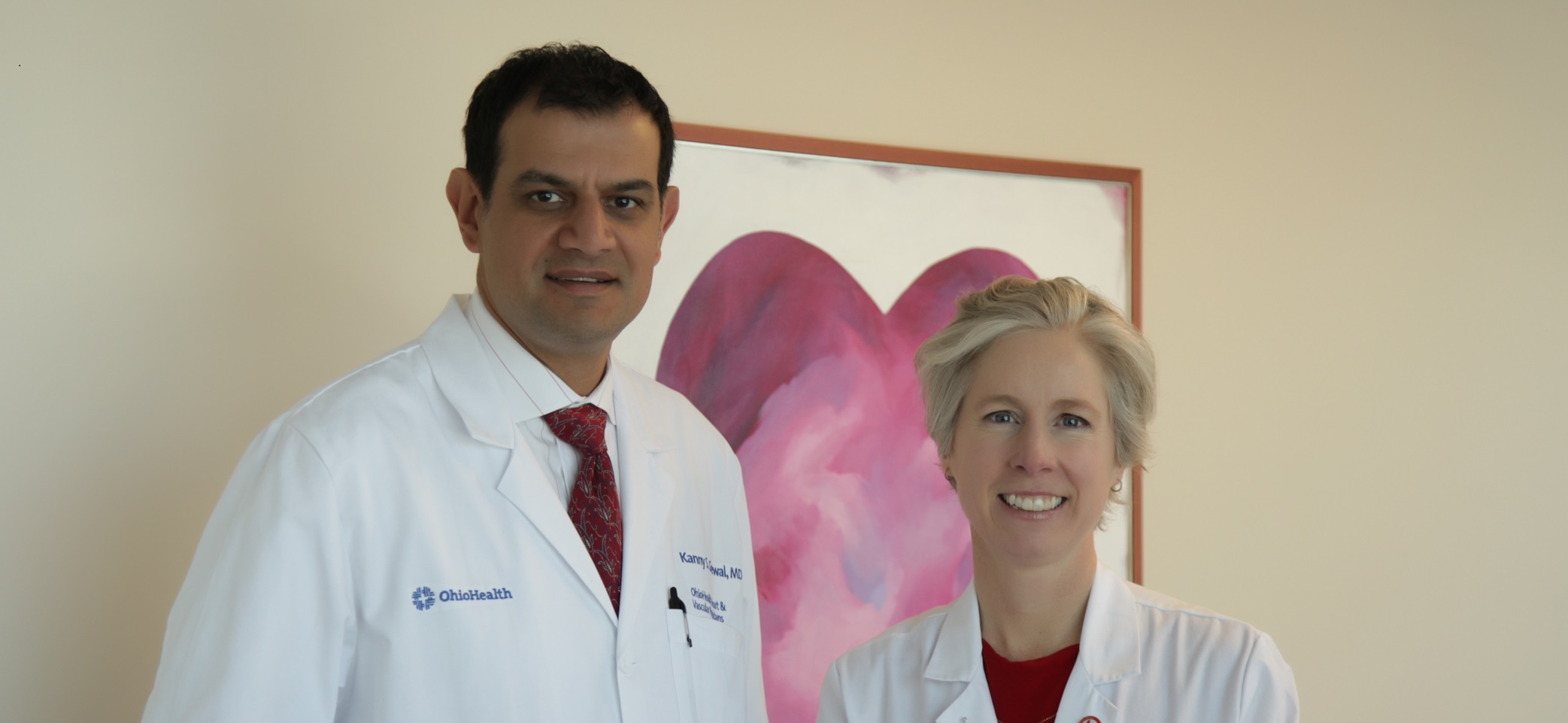 In case you need another excuse to get off the couch (and think about a treadmill desk). . . it appears “too much sitting” may in itself contribute to the progression of heart plaque. . .
In case you need another excuse to get off the couch (and think about a treadmill desk). . . it appears “too much sitting” may in itself contribute to the progression of heart plaque. . .
Too Much Sitting May Up Risk of Coronary Artery Calcification
SAN DIEGO, CA — Each added hour spent sitting was associated with a 14% increase in coronary artery calcium (CAC) score, independent of traditional risk factors, including physical activity, in a study of middle-aged subjects without cardiovascular disease[1].
“Our study contributes to the growing body of evidence whereby health consequences of ‘sitting too much’ appear to be distinct from those of ‘too little exercise,’ and [it] suggests that increased subclinical atherosclerosis may be one of the mechanisms through which sedentary behavior increases CV risk,” Dr Jacquelyn Kulinski (Medical College of Wisconsin, Milwaukee) told heartwire from Medscape.
The researchers examined data from 2031 participants in theDallas Heart Study who were aged 20 to 76, with a mean age of 50. Just over half (62%) were women, and about 50% were black.
Participants had a CT scan to measure CAC; a CAC score above 10 was deemed positive and a score below 10 was deemed negative. In addition, the participants wore a watch accelerometer for at least 4 days to measure body movements, which were classed as sedentary, light activity (nonexercise), or moderate to vigorous physical activity.
On average, participants were sedentary for 5.1 hours a day, but this ranged from 1.1 to 11.6 hours a day. Older people, those with a higher body-mass index (BMI), and those with diabetes or hypertension were more likely to spend more time sitting.
After adjustment for BMI, systolic blood pressure, total cholesterol, HDL cholesterol, statin use, type 2 diabetes, smoking, household income, education, marital status, employment, and moderate to vigorous physical activity, each hour of sedentary time was associated with a 10% higher odds of having CAC (adjusted odds ratio 1.10, 95% CI, 1.01–1.21; P=0.035).
Moderate to vigorous physical activity was modestly associated with CAC in models adjusted only for age, gender, and ethnicity, but the association disappeared after adjustment for traditional cardiovascular risk factors, including smoking, diabetes, BMI, cholesterol, and blood pressure, Kulinski added. Even though study participants exercised only an average of 6 minutes a day, other studies in marathon runners have also reported that exercise was not associated with CAC, she noted.
LINK TO FULL ARTICLE:
Too Much’ Sitting May Worsen Coronary Calcification, Regardless of Exercise
Heartwire from Medscape, 2015-03-11

 irregular heartbeats. Interestingly, the researchers found that there seemed to be minimal effect of caffeine intake on the extent of irregular heartbeats.
irregular heartbeats. Interestingly, the researchers found that there seemed to be minimal effect of caffeine intake on the extent of irregular heartbeats.














